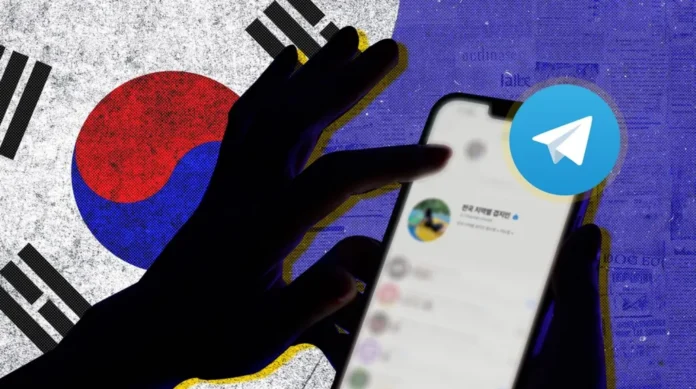Written By Lisa Murimi
Last Saturday, a university student, “Heejin” (not her real name), received a terrifying message on Telegram.
It was a photo of her, altered using deepfake technology to appear in sexually explicit content.
Despite her silence, more manipulated images followed, leaving her petrified and alone.
Heejin’s experience is not unique. South Korea is grappling with a deepfake crisis that has targeted hundreds of schools and universities.
A recent investigative report by journalist Ko Narin uncovered organized deepfake rings operating on Telegram, exploiting women and even underage girls by transforming their photos into pornographic images.
The scandal has ignited outrage across the country, prompting police investigations and government promises of stricter laws.
However, many victims feel abandoned, with some being advised by authorities not to pursue cases, as the images are “fake.”
Women’s rights activists are demanding stronger actions, arguing that this crisis is rooted in deep-seated sexism.
As the investigation continues, the fear among young women grows, with many removing their social media profiles to avoid becoming the next victim.



















